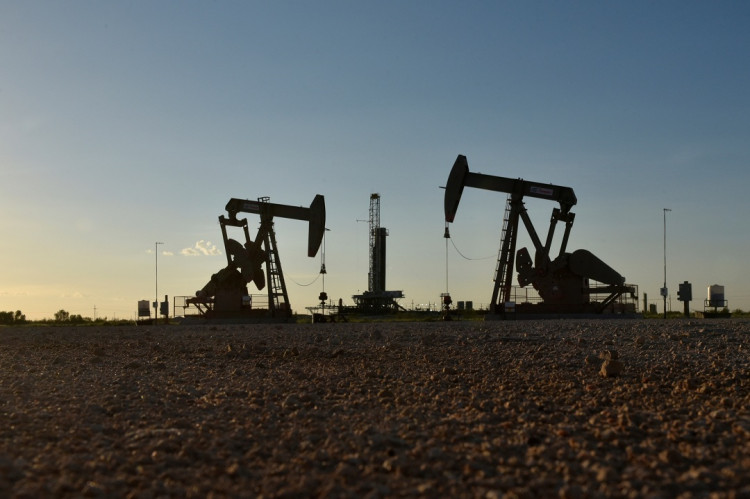Iraq is reportedly now close to finally cementing its US$53 billion deal with PetroChina and Exxon Mobil; a deal it has been working on for quite some time. The 30-year-long energy agreement would allow the country to generate as much as US$400 billion over the agreed-upon period, giving the nation much-needed capital.
According to Iraqi Prime Minister Adel Abdul Mahdi, the country is now close to signing the deal with the oil firms, which will involve a number of massive development projects.
Answering questions about the US's oil sanctions on Iran, the prime minister denied that there is any link between the multi-billion dollar deal and its current dealings with Iran.
The United States had granted Iraq a waiver that allowed it to do business with Iran. In exchange, Iraq agreed to sign an oil deal. President Donald Trump previously issued a warning to all Iranian oil importers to immediately stop their purchases or face US sanctions.
Iraq currently does not import oil from Iran, but it does import large amounts of natural gas with the consent of the United States.
As part of the deal, both Exxon and PetroChina will be helping the country extract resources from the Nahr Bin Umar and Artawi oilfields.
The project will include the building of massive infrastructures in those areas for extraction purposes. Some of the projects will involve the creation of a steady supply of water to the two oil fields to ensure stable production.
When completed, the various facilities could raise the country's oil production from 125,000 barrels per day to 500,000 barrels per day.
Exxon and PetroChina are set to build several water injection facilities within the two fields along with plans to rebuild Iraq's export pipelines. Apart from oil, the project also aims to process around 100 million cubic feet of natural gas per day from the two oil fields.
Iraqi officials revealed that they are currently in talks with both Exxon Mobil and PetroChina. Iraq's oil ministry and the companies' representatives are reportedly now discussing how to split the profits when oil prices fluctuate.
According to the country's prime minister, there are still currently a lot of details to discuss seeing as that the deal will last for the next 30 years. All possible scenarios will need to be placed on the table and everything has to be laid out clearly for all parties involved.
Iraq currently boasts a large number of oil reserves and despite decades of war and sanctions, it is still considered to be the second largest oil exporter in OPEC.
The proposed 30-year deal will allow the country to further tap into its resources. The deal is also particularly attractive to international oil companies, especially those with plans to expand into the Middle East. Iraq's position as one of the only countries with friendly relations with the United States and Iran also gives it a great economic advantage.
Both the United States and Iran are currently vying for influence in Iraq, with the country receiving favors from both sides.






